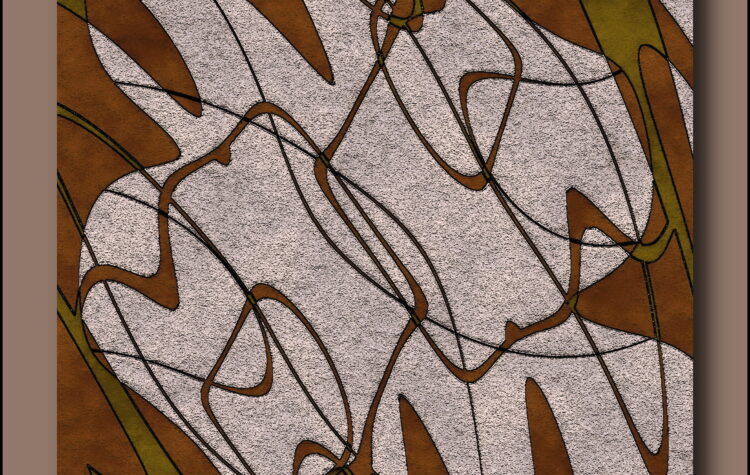The word “nostalgia” comes from two Greek words: “nostos” meaning “return home” and “algos” meaning “pain” or “ache.” It was coined in the late 17th century by a Swiss doctor named Johannes Hofer to describe a medical condition that he observed in Swiss soldiers who had been away from home for long periods of time.
Even though the concept of homesickness or a longing for home, which is the basis for the modern usage of “nostalgia,” was known in ancient times and was portrayed in works such as Homer’s “Odyssey,” the specific term “nostalgia” was not used until much later.
Hofer believed that the soldiers’ symptoms, which included homesickness, anxiety, and depression, were caused by a longing for their homeland and the familiar people and places they had left behind. He called this condition “nostalgia” because it was characterized by a painful longing for something that was no longer present.
Over time, the word “nostalgia” came to be used more broadly to describe a sentimental longing or wistful affection for the past, particularly for one’s childhood or for a bygone era. Today, nostalgia is often associated with feelings of warmth, comfort, and fondness for memories of the past, although it can also be accompanied by feelings of sadness, regret, or loss.




1 comment